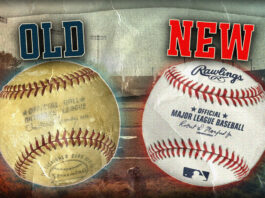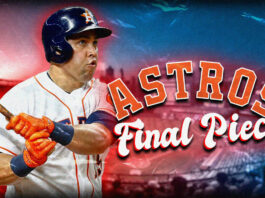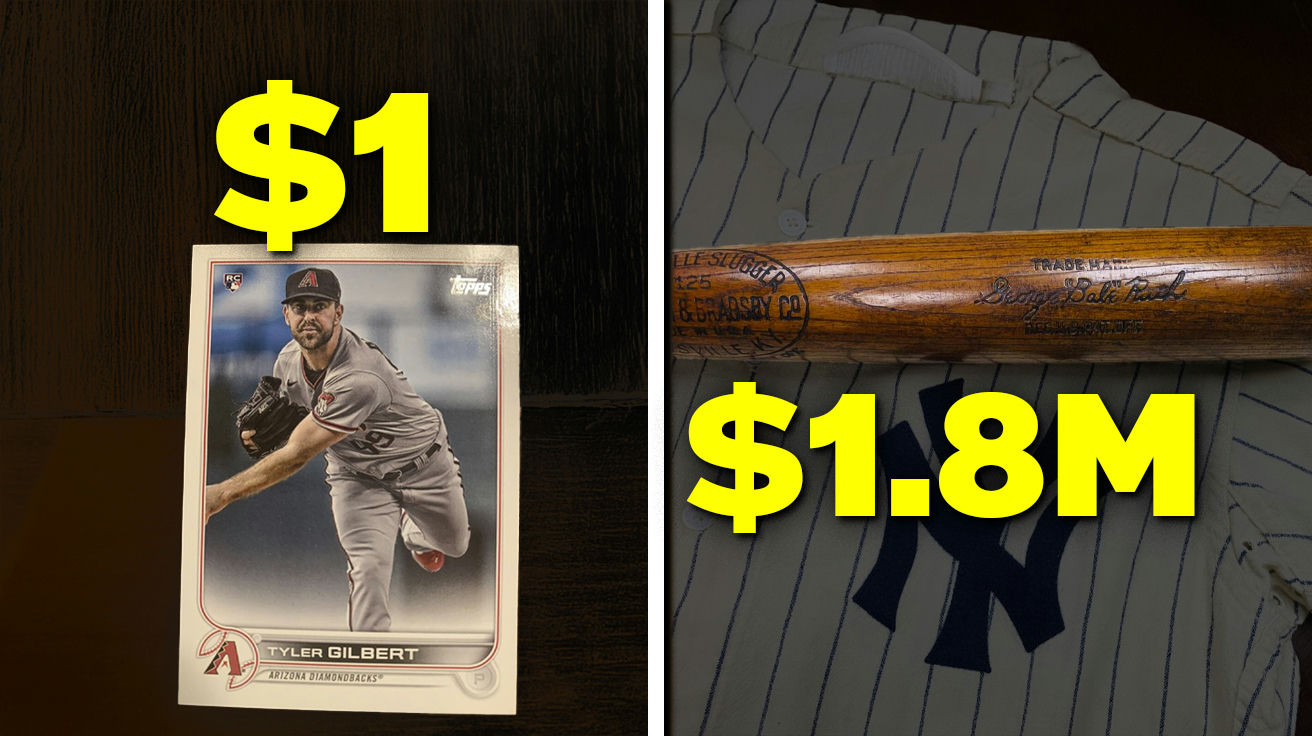
From humble $1 rookie cards to multimillion-dollar artifacts, baseball memorabilia captures America’s pastime in tangible form. This guide explores eight price points in the collecting world, revealing both accessible entry points and extraordinary treasures. Each item carries more than monetary value. Historical significance and personal connection matter too.
Authentication from respected sources like PSA or JSA significantly impacts value. Proper display and storage protect your investment. Understanding provenance—an item’s ownership history—can dramatically affect potential appreciation.
8. $1 Baseball Rookie Card
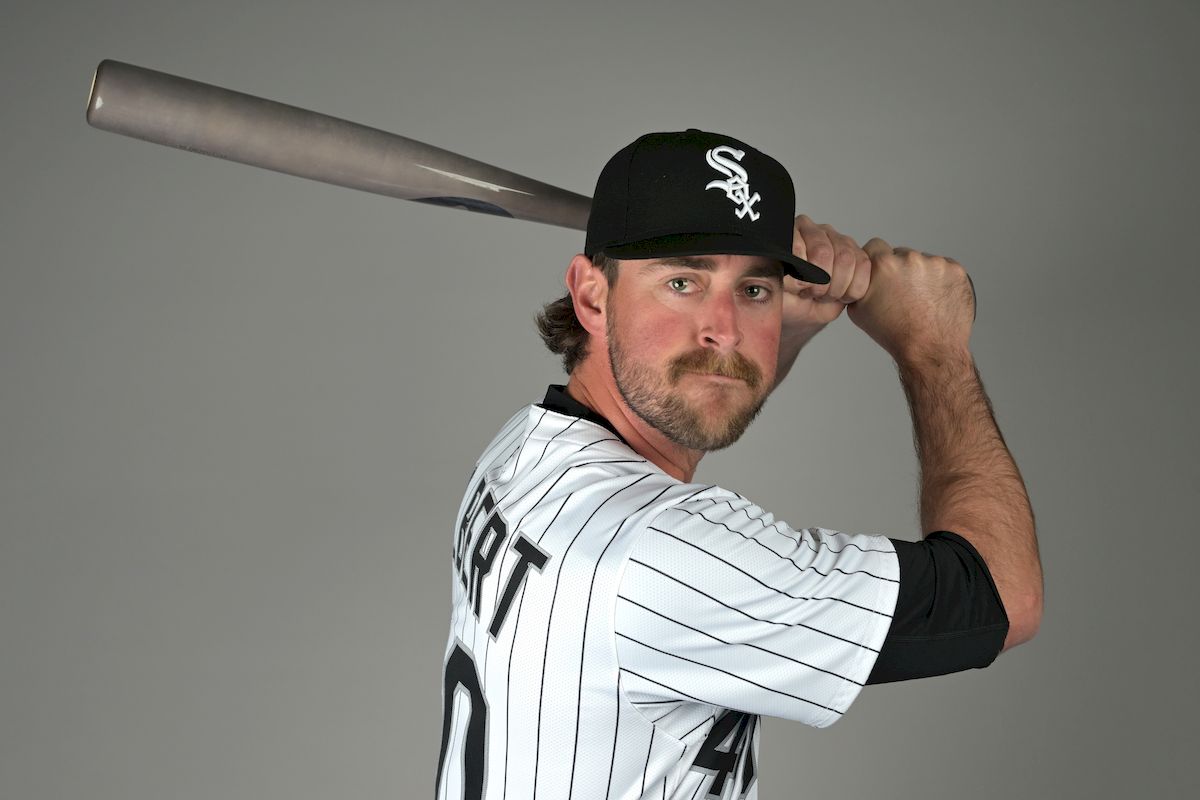
The humble $1 rookie card represents the most accessible entry point into baseball collecting. These affordable cards represent a low-risk investment opportunity akin to first dates—minimal commitment but potential for something special. Many collectors casually use these budget-friendly cards in their rotations. Some become unexpectedly valuable over time.
Recent players like Tyler Gilbert, who threw a no-hitter in his first MLB start, exemplify how undervalued rookies might hold untapped potential. Even at this minimal price point, the thrill of discovering tomorrow’s star makes these cards appealing. You might just find the next Hall of Famer hiding in a discount bin!
7. $5-$15 Bag of Fenway Park Dirt
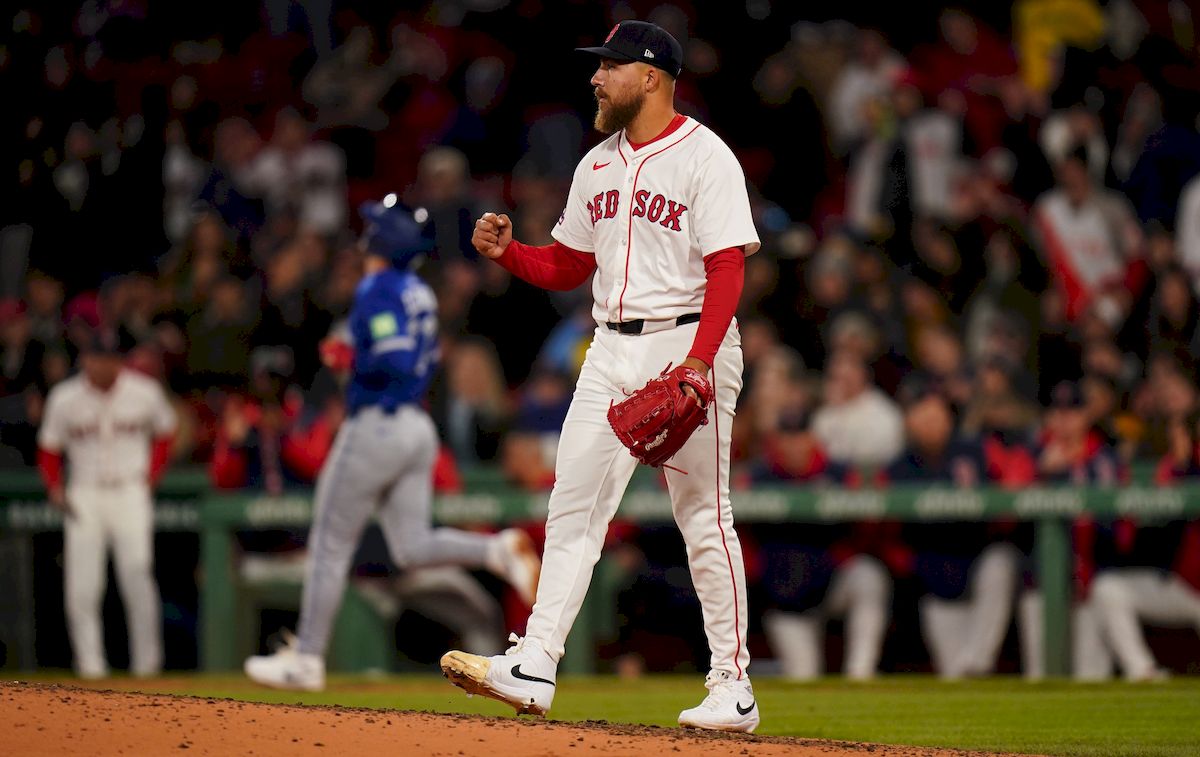
Collectors worldwide seek tangible connections to hallowed baseball grounds. A bag of authentic dirt from Fenway Park, home of the Boston Red Sox since 1912, offers an affordable piece of baseball history. Gift shops at the park sell these souvenirs, while online marketplaces typically list them between $5-$15.
College players have adopted similar traditions, taking home dirt from Omaha after the College World Series. There’s something deeply satisfying about holding physical history in your hands—comparable to discovering that final puzzle piece after weeks of searching. One fan reported purchasing Fenway dirt for just $8.99 with shipping included. That’s less than most people spend on coffee in a day for a piece of America’s oldest active MLB ballpark.
6. $100 Signed Baseball
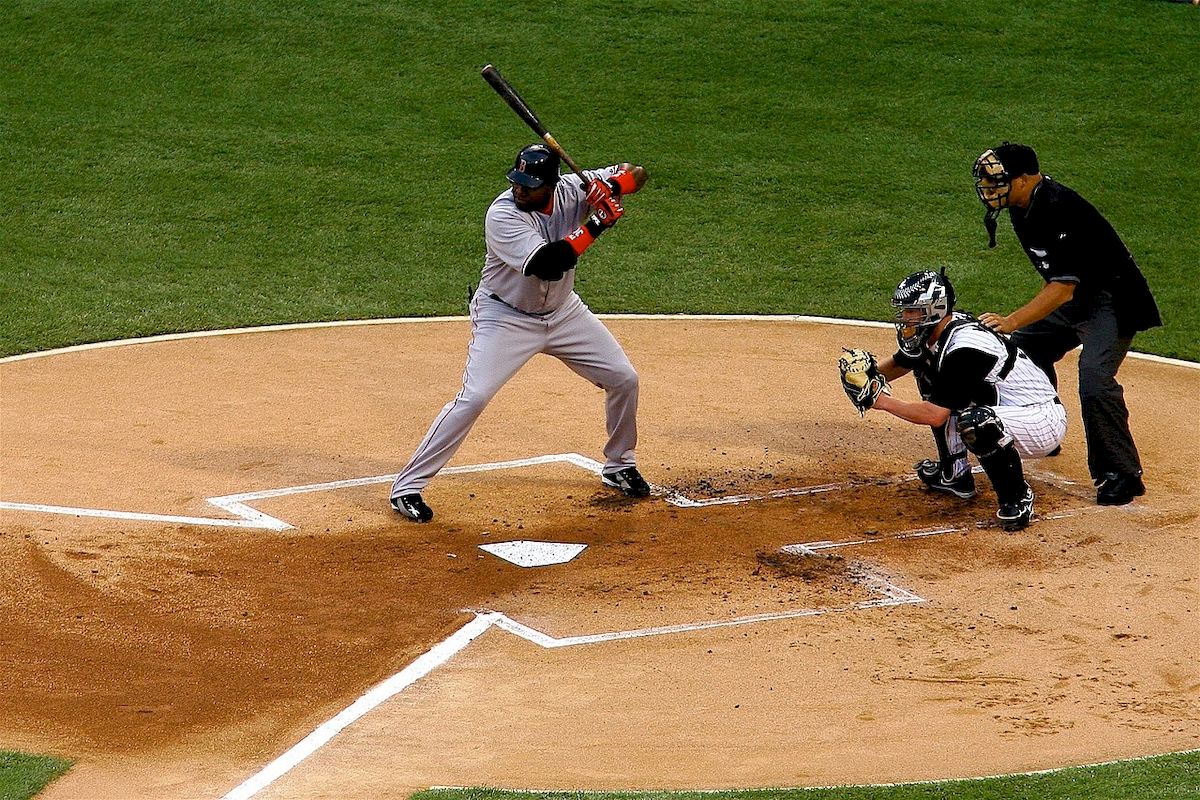
For approximately $100, you can acquire an authenticated baseball bearing the signature of a significant player. Rising stars like Bobby Witt Jr. and Gunnar Henderson provide value at this price point. Established legends such as David Ortiz with Hall of Fame inscriptions and Cal Ripken Jr. remain perennially popular.
Even controversial figures offer unique collecting opportunities. Pete Rose balls inscribed with “Sorry I bet on baseball” blend historical significance with notoriety. These signed spheres simmer with stories waiting to be shared, each signature representing hours of practice, triumph, and heartbreak. When properly displayed, they deliver substantial collector satisfaction while remaining within reasonable budget constraints.
5. $1,000 Game-Used Bat
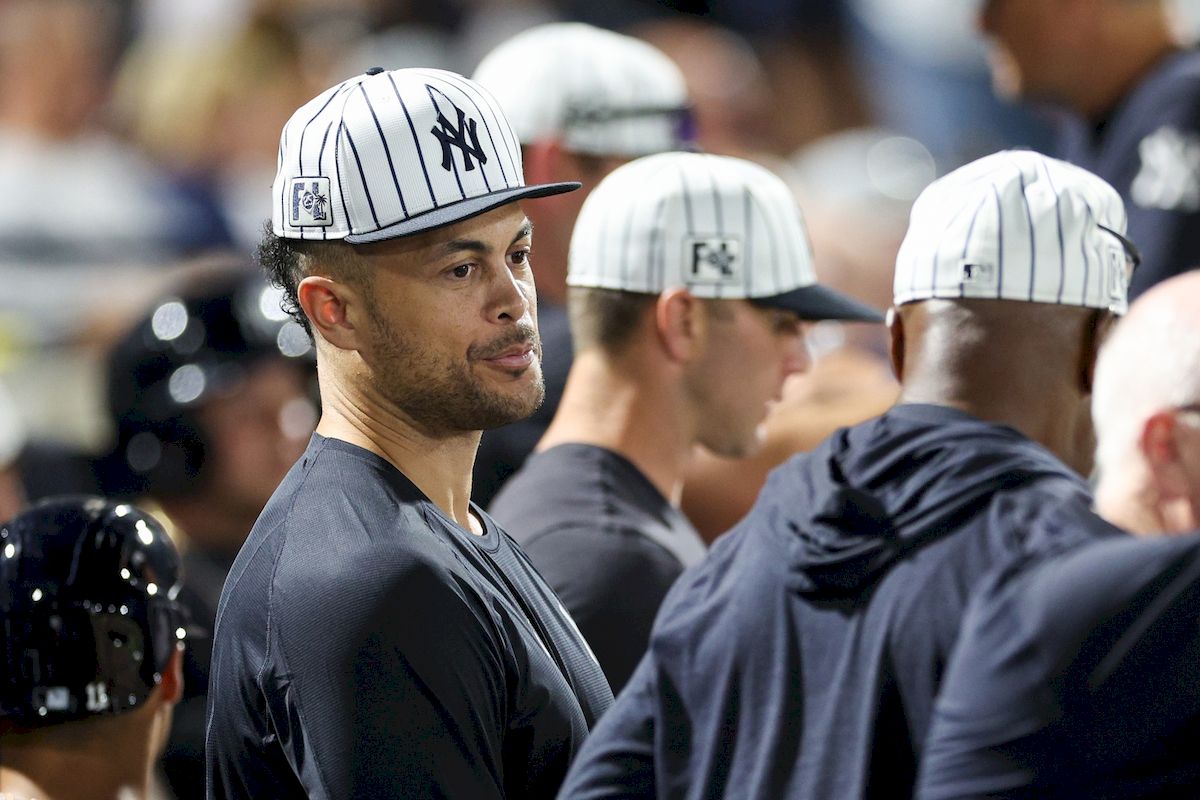
The allure of game-used bats stems from their direct connection to on-field action. At the $1,000 price level, you can acquire authentic bats swung by notable players like David Ortiz or hitting wizard Ichiro Suzuki. Contemporary stars such as Giancarlo Stanton and Vladimir Guerrero Jr. also appear in this range.
Each bat tells its own story through unique battle scars. Pine tar, ball marks, and handle tape reveal a player’s habits and hitting style—reminiscent of how a veteran video game controller shows wear patterns from thousands of hours of play. Displaying these pieces in protective cases not only preserves their condition but transforms them into conversation-starting centerpieces in any baseball enthusiast’s home. Just be prepared to explain why you spent a month’s car payment on a stick of wood.
4. $10,000 Signed Jersey
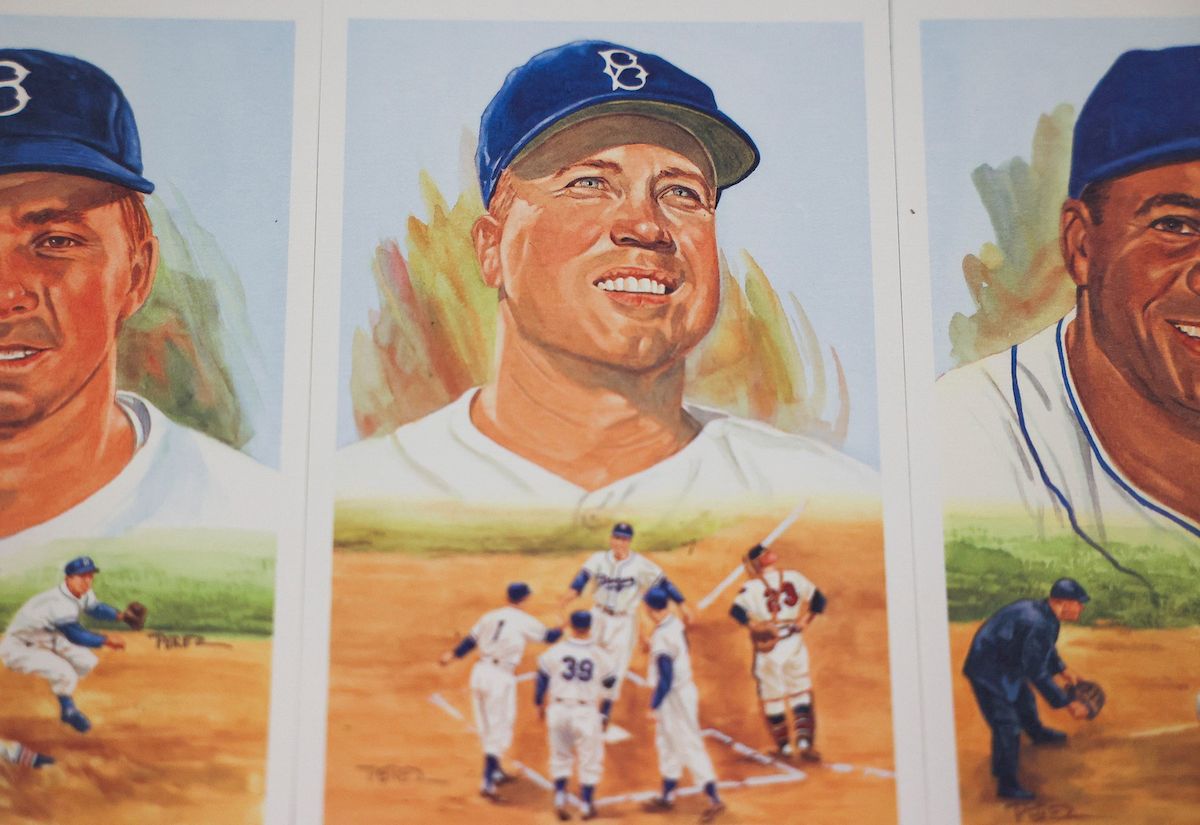
Industry surveys suggest over 70% of serious collectors consider high-end signed jerseys the cornerstone of premium collections. The $10,000 threshold grants access to authenticated apparel from baseball royalty. Legendary figures like Ted Williams and Derek Jeter represent the game’s elite. Ken Griffey Jr.’s perfect swing and Joe DiMaggio’s 56-game hitting streak live on through their signatures.
Mickey Mantle items consistently command premium prices, reflecting his enduring popularity. Team jerseys like the 1964 Cardinals World Series champions offer historical significance. These jerseys establish a natural rhythm in collections—each one a unique note in baseball’s ongoing symphony. Current international phenomenon Shohei Ohtani continues redefining the market for contemporary stars, blending pitching and hitting excellence in ways not seen since Babe Ruth.
3. $100,000 World Series Ring
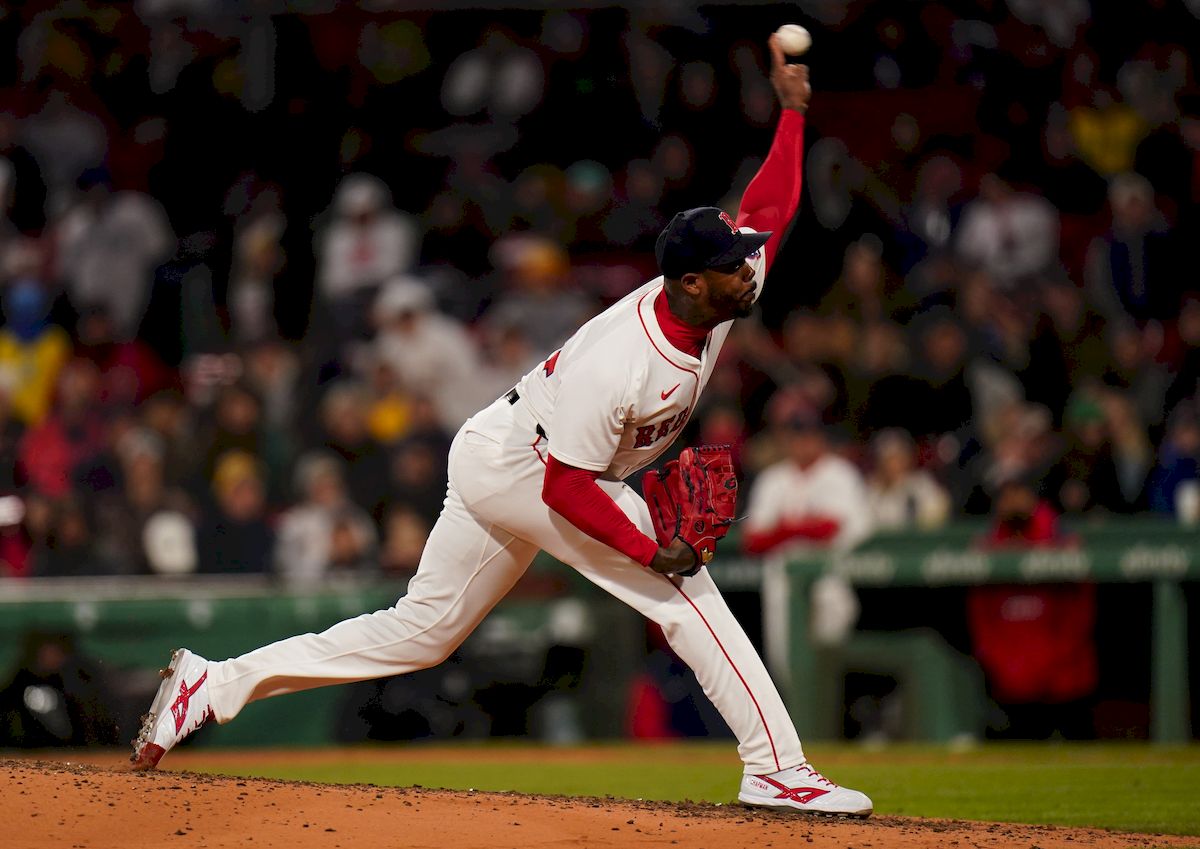
World Series rings embody baseball’s ultimate achievement, representing the pinnacle of team success. At the $100,000 level, you can acquire these rare symbols of championship glory. Recent examples include a 2018 Boston Red Sox ring that fetched $83,000 at auction. Kansas City Royals and Washington Nationals championship rings typically command around $60,000.
Historic franchises like the Yankees, Dodgers, and Braves produce especially coveted rings. Noteworthy sales include pitcher Don Larsen’s ring, which sold for $110,000. His Cy Young Award commanded a similar price. These rings stand out in collections similar to a perfect mountain peak towering above the surrounding landscape—immediately drawing attention and awe. Championship memorabilia adds extraordinary distinction to serious collections, showcasing both team achievement and individual excellence.
2. $1,800,000 Babe Ruth’s Bat
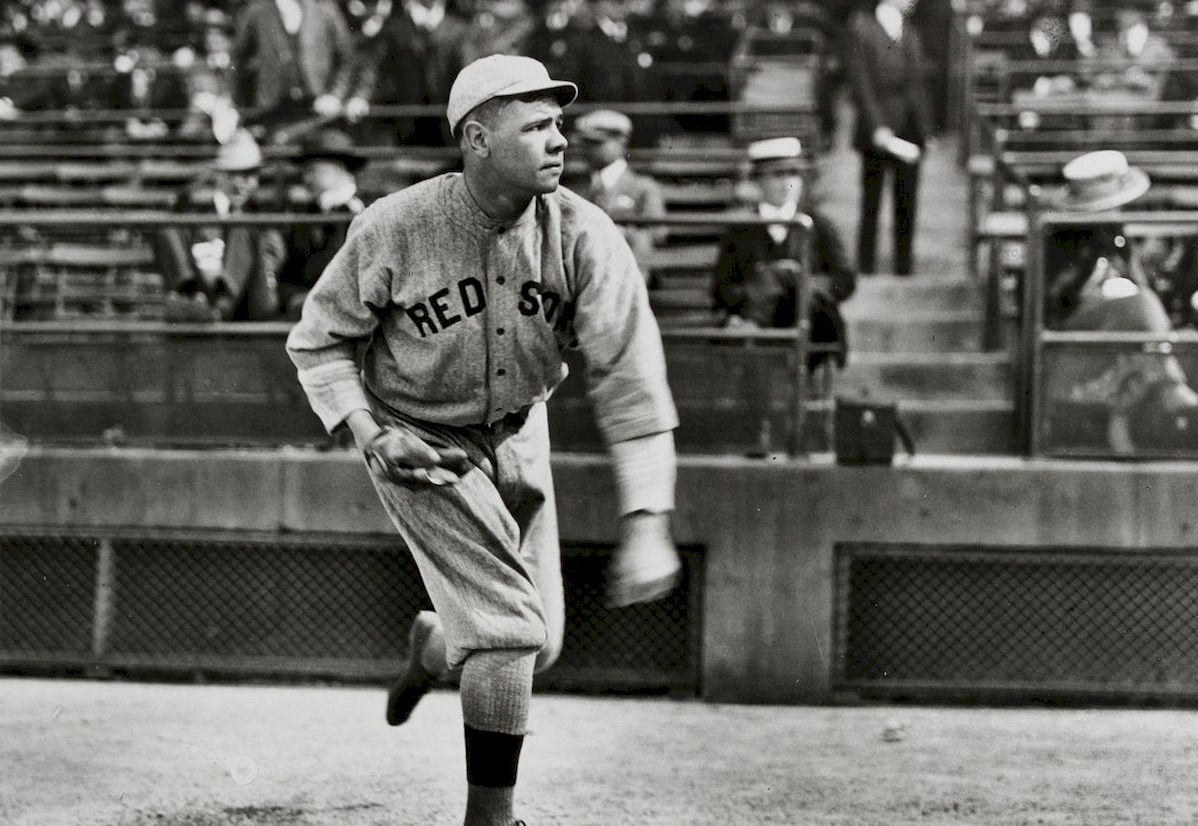
Historic artifacts transcend ordinary memorabilia values. Babe Ruth’s bat, sold for $1,800,000 in 2019, exemplifies this premium market. This wasn’t just any bat—it was the precise 35-inch hickory instrument Ruth used to hit his 500th career home run on August 11th, 1929, at Cleveland’s League Park.
As one of just 27 players in MLB history to reach the 500-homer milestone, Ruth’s accomplishment represented an almost mythical achievement in baseball’s Golden Age. Nearly 100 years later, the bat stands as both a witness to greatness and a blue-chip investment. This wooden treasure continues to appreciate as a tangible connection to baseball’s most legendary figure.
1. $4,000,000 MLB Stadium Naming Rights
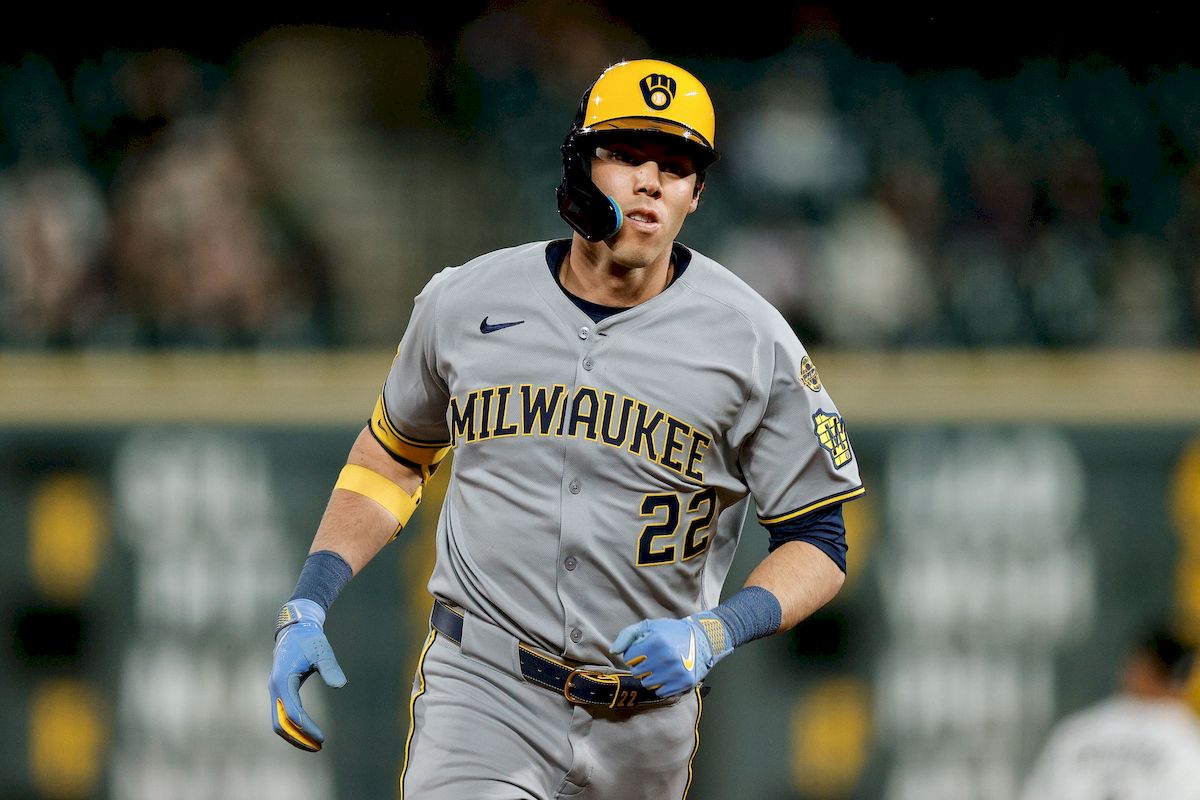
The economics of baseball extend beyond collectibles into corporate partnerships that reshape fan experiences. MLB stadium naming rights represent massive investments, often starting around $4,000,000 annually for smaller markets. American Family Insurance demonstrates this commitment with their estimated $60 million agreement with the Milwaukee Brewers, signing a 15-year contract extending through 2035.
These arrangements fundamentally alter baseball’s cultural landscape. Imagine “Jared Actyl Park” instead of Citizens Bank Park in Philadelphia, or “Mr. Beast Stadium” replacing Yankee Stadium! These naming rights resemble high-stakes poker—corporations ante up millions for brand visibility while teams cash in their chips for revenue. The relationship benefits both, but fans must adapt to new traditions.

